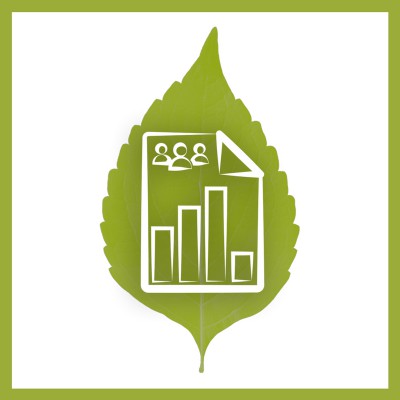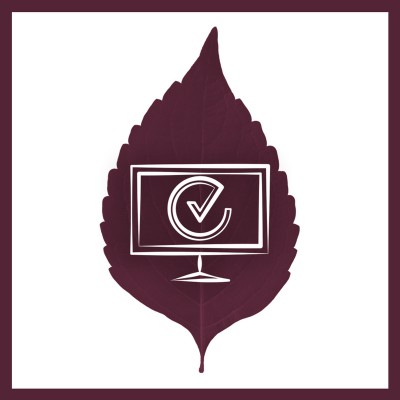Features of the GES
Purpose: Assess the social climate of groups and teams.
Length: 90 items
Average completion time: 15-20 minutes
Target population: Adults working in groups or teams
Administration: For group administration.
Uses of the GES
- Diagnose problems in group or team
- Program evaluation
- Leadership appraisal and improvement
- Team building
- Individual and team counseling
- Team and group research
Scales
The ninety items of the GES are grouped into ten subscales with three dimensions.
Relationship Dimension
Three subscales tap the degree of commitment, concern and friendship group members show for one another, the amount of help, concern and friendship the leader shows for team members, and the amount that freedom of action and expression of feelings is encouraged in the group.
Cohesion
Leader Support
Expressiveness
Personal Growth Dimension
Independence: assesses how much the group encourages independent action and expression among members.
Task Orientation: reflects how much emphasis is placed on completing concrete, practical tasks and on decision making and training.
Self-Discovery: measures how much the group encourages members’ discussion of personal problems.
Anger and Aggression: assesses the extent to which there is open expression of anger and disagreement in the group.
System Maintenance and Change Dimension
Three dimensions measure the degree of importance of clear organization, structure and rules in the group, as well as the extent to which the leader directs the group, makes decisions and enforces rules, and finally, how much the group promotes diversity and change in its own functions and activities.
Order and Organization
Leader Control
Innovation
Available with GES License to Administer:
These translations are available free of charge with your purchase of the license. Translations are provided in a separate pdf-format file. Select the language from the Translation drop-down list. Need multiple translations? Contact us.
- French
- Hebrew
- Italian
- Japanese
- Spanish (Form R Only)
No translations available with GES Transform™ Survey Hosting.
Note: We cannot assure translation quality — many are made by individual researchers and we are not necessarily familiar with the particular language or dialect. Some of the translations are partial and typically do not have validation data. Basically, we offer whatever is available to facilitate your work.
If you are unable to find the translation you need, you can request permission to make a translation.
Organizational Description Questionnaire Measures how often each member of the organization perceives the culture of their unit, department, or organization, to be using transformational or transactional leadership styles.
School Situation Survey Assessment of students' perceptions of school-related sources and manifestations of stress.
Ward Atmosphere Scale Measures the actual, preferred, and expected treatment environments of hospital-based psychiatric programs.
Work Environment Scale Helps evaluate productivity, assess employee satisfaction, and clarify employee expectations to ensure a healthy work environment.

 SEARCH
SEARCH LOGIN
LOGIN  BLOG
BLOG
 CART
CART



